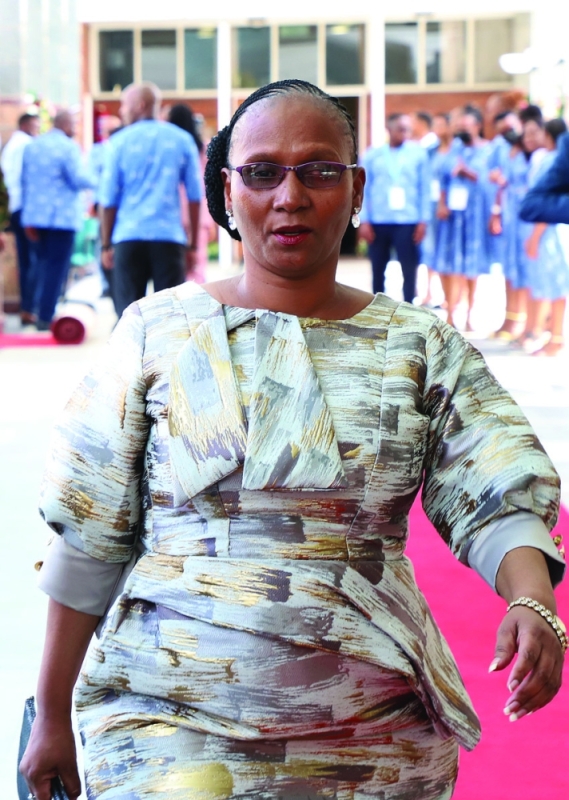WPP Africa Barometer advocates for gender parity in politics
Tsaone Basimanebotlhe | Wednesday July 17, 2024 17:08


According to the Women’s Political Participation (WPP) Africa Barometer, women’s representation in African parliaments has increased by just one percentage point from 25% in 2021 to 26% in 2024.
“At this rate, it will take until 2100 for African countries to achieve gender parity in their parliaments. “This assumes a linear progression, which is unlikely given that generally after countries achieve the 30% mark progress slows down,” the study revealed.
Furthermore, the second WPP Africa Barometer 2024 stated that women constitute just a quarter of the 13, 057 parliamentarians in Africa - 26% in the lower houses, and 21% in the Upper Houses of Parliament. It also revealed that with six years before 2030, the deadline for the SDGs, many African countries are still far from achieving women’s “equal and effective” participation in political decision-making. However, it says that the biggest increase in WPP in Africa is women mayors.
It also states that women now comprise 16 of the 51 mayors of capital cities for which they could obtain information, increasing from 19% in 2021 to 30% in 2024.
It added: “This is an encouraging indicator, given the importance of local government in nurturing leadership for national politics. WPP in local government increased from 21% to 25% in countries for which data is available.”
While WPP in African Lower Houses of Parliament, Upper Houses of Parliament and in Parliaments overall increased by one percentage point each, for an overall increase from 24% to 25%. As for Women’s representation in Cabinet which is also by appointment, rather than through elections, it increased marginally from 22% to 24%, the study says. The study continues: “Women’s representation in political party leadership declined from 12% to 9%. Women in top executive positions increased from 7% to 13%, but this is still glaringly low.”
Moreover, it revealed that women in Parliament increased marginally from 9. 5 percent to 11.1% from 2014 to 2019 and dropped from 19% to 18% in local government. However, Africa Barometer highlighted that Botswana’s 1966 Constitution is at best gender blind and at worst contains discriminatory clauses at odds with its international obligations.
It pointed out that when President Mokgweetsi Masisi, appointed the 19-member Commission of Inquiry into the Review of the Constitution, WPP Consortium, women from all five major political parties, women’s rights organisations, and civil society partners presented their submission to the Presidential Commission of Inquiry into the Review of the Constitution.
However, the submission provided recommendations on key areas that include; equality and non-discrimination, stand-alone provisions on women’s rights, political participation, citizenship, protection from violence, Sexual and Reproductive Health and Rights (SRHR), marriage and family life, economic participation, property, inheritance, and land tenure, gender equality machinery and domestication and implementation of international commitment.
